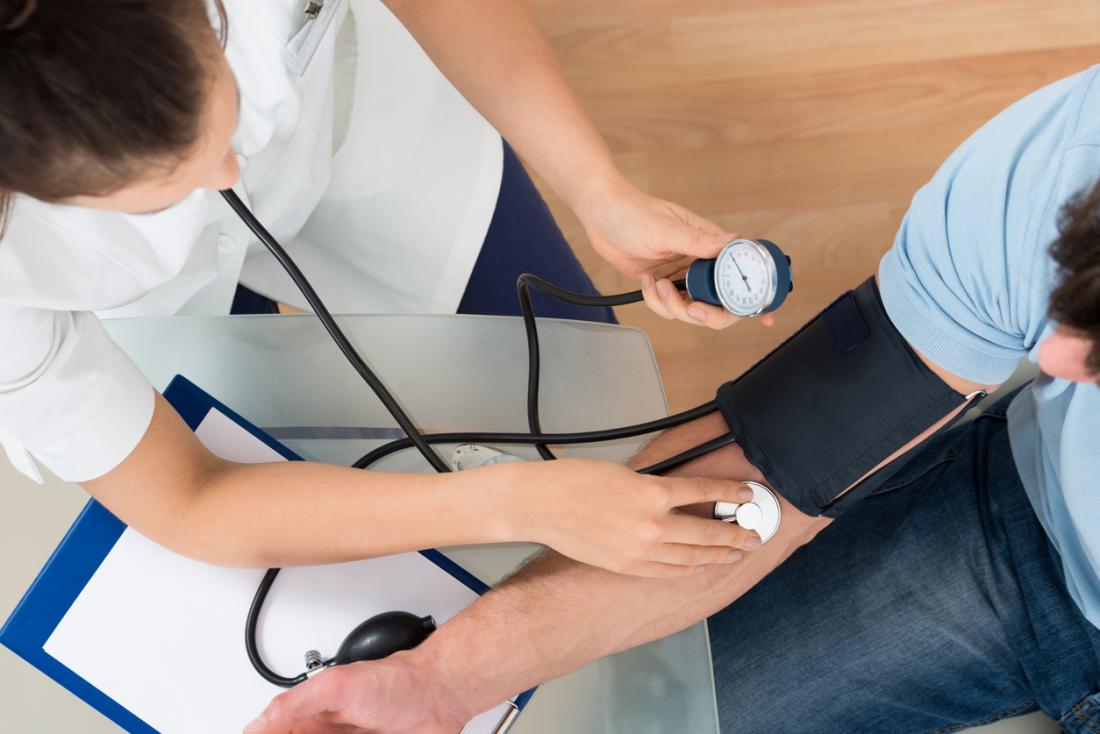Most people with high blood pressure are not aware of it, since no warning signs or bp symptoms exist. Only by using the BP Apparatus or consulting a doctor, you could confirm if you have high blood pressure or not. High blood pressure (bp) often develops gradually. It can result from unhealthy lifestyle choices, such as a lack of regular physical activity. A few conditions that may cause high blood pressure (bp) in your body are the ones listed below:
Too much salt in your diet
You’ve undoubtedly heard that you should limit your salt intake, especially if you have high blood pressure. It causes your body to retain water, placing additional stress on your heart and blood vessels. Salt, as well as anxiety and anger, can cause an increase in blood pressure (bp). Although temporary “spikes” aren’t always a concern, persistently high amounts might cause significant harm.
Too much sugar in your diet
It may be more important than salt in raising blood pressure (bp), particularly in processed forms such as high-fructose corn syrup. People who consume more added sugars have a significant increase in both their upper and lower levels. One 24-ounce soft drink raises systolic pressure (the top number or the force during a heartbeat) by an average of 15 points and diastolic pressure by 9 points.
Sleep Apnea (sleep deprivation)
People who experience sleep apnea (sleep deprivation) are more likely to develop excessive blood pressure (bp) and other cardiac issues. When you sleep, and your breathing is frequently interrupted, your nervous system produces substances that elevate your blood pressure (bp). Moreover, you’re getting less oxygen, which may damage blood vessel walls and make it more difficult for your body to manage your blood pressure in the long term.
Lack of Potassium
Your kidneys require a sodium-potassium balance to maintain the proper quantity of fluid in your blood. Even if you consume a low-salt diet, you may still have high blood pressure (bp) if you don’t eat enough fruits, vegetables, beans, low-fat dairy, or seafood. While bananas, broccoli, water chestnuts, spinach, and other leafy green vegetables are excellent sources of potassium if you’re controlling your weight.
Thyroid hormone issues
When the thyroid gland produces insufficient hormones, your heart rate decreases and your arteries become less elastic. Low hormonal changes may also increase LDL “bad” cholesterol, which can harden arteries. Blood travels quicker through wooden vessels, pushing against the walls and growing pressure. Though less frequent, having too much thyroid hormone might cause your heart to beat quicker and harder, raising your statistics.
Nonsteroidal anti-inflammatory drugs (NSAIDs)
All nonsteroidal anti-inflammatory medications, such as aspirin and ibuprofen, could raise your blood pressure, whether you’re healthy or already have high blood pressure (bp). Despite the small average gain, there is a wide range, suggesting that some persons will be impacted far more than others.
Dehydration
When your body’s cells are dehydrated, your blood vessels constrict. It occurs when your brain signals your pituitary gland to release a hormone that causes them to shrink. And your kidneys produce less urine to save the fluid you do have, which causes your heart and brain’s blood vessels to contract more.
Antidepressants
Medicines that target dopamine, norepinephrine, and serotonin, such as venlafaxine (Effexor), monoamine oxidase inhibitors (MAOIs), tricyclic antidepressants, and fluoxetine (Prozac, Sarafem), might affect not just your mood but also your Blood Pressure Measurement. If you’re also on lithium or other medicines that impact serotonin, selective serotonin reuptake inhibitors (SSRIs) may boost it.












